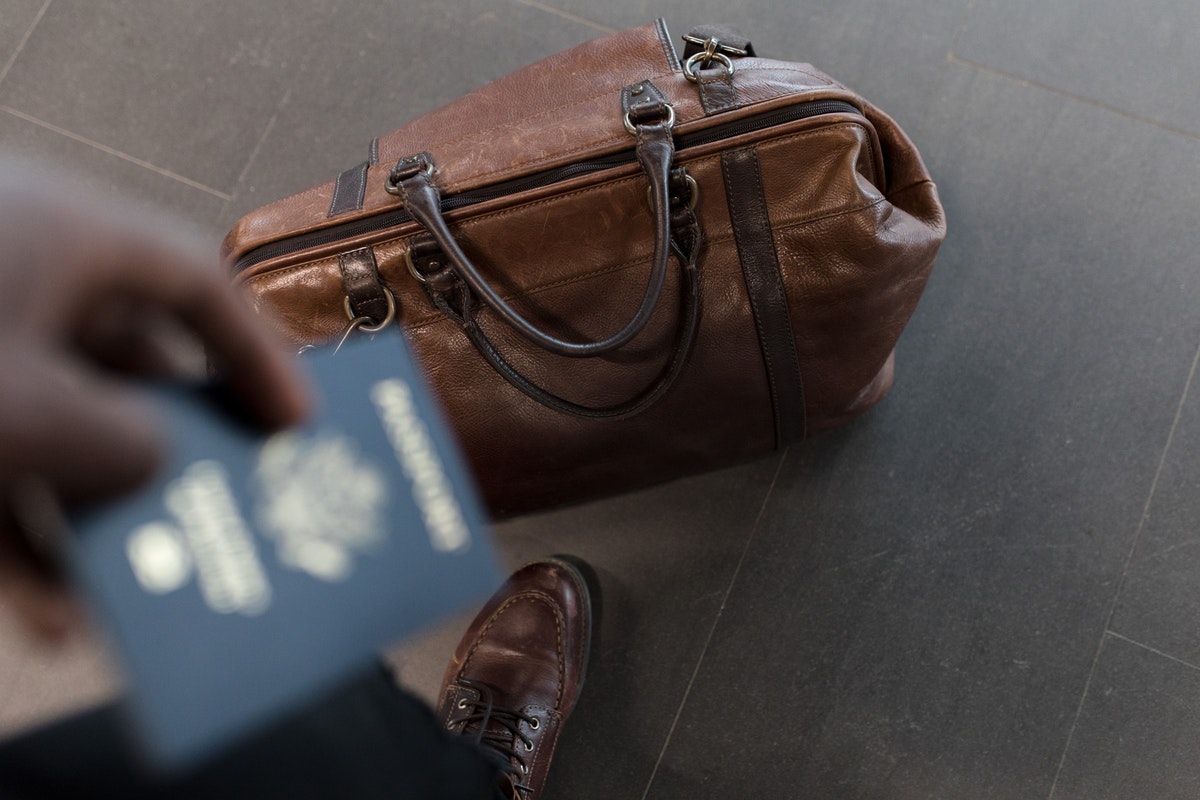If you’re looking for the next big adventure of your life, a journey stretching the limits of geography and culture should be on top of your list. Whether that’s deep yoga in the mountains, swimming through perilous waterways, skydiving with friends, or an ATV mountain tour with your family, now is the perfect time to consider challenging both your mind and body.
Traveling for pleasure is the ideal goal of globetrotting. It puts a spring in your every step and gives you all the adrenaline rush of exploring. In addition, it provides an unparalleled opportunity to learn about different landscapes, thrills, and cultures. Thus, carefully planning for your next journey is essential.
Prepare and update your visa and passport.
Only a small number of countries require visas, which you must secure before the trip’s departure. In most nations, it is common practice to mandate that your U. S. passport be valid for at least six months following your date of return. Ideally, it would be best if you renewed your passports approximately nine months before it expires. Check your passport’s expiration date before planning your trip and visit your nearest passport processing center right away.
Keep an eye out for health and travel advisories.
Visit your state agency’s website to see if the United States government has declared any travel advisory for your destination. Advisories indicate that long-term problems in the destination have created an unsafe environment for tourists. Meanwhile, a travel warning suggests that short-term situations may pose a hazard to tourists. Note that several travel insurance companies do not provide coverage for visits to countries subject to travel advisories. So, make sure to take precautions and stay updated.
Even though COVID-19 is slowly being eradicated and the restrictions are easing up, the virus’s variants and long-term consequences are still being felt in various parts of the world. Browse news and updates on credible sites and outlets before your next trip to get the most up-to-date information on tests and immunizations that are necessary for foreign travel.

Get immunization and prescription medications filled.
On top of staying updated on current news situations on your destination, learn about health information and immunization requirements for yourself, too. Other infections, such as dengue fever, Zika virus, and the swine flu, could be rampant in areas you may want to visit but can be prevented with vaccination. You should obtain any necessary shots six weeks before your trip to get the best possible protection.
Consult a travel medicine specialist for individualized expert advice if you’re traveling to a place where illness is prevalent. In addition, read more on the risk factors of consuming food and water in the area, packaging non-prescribed medicines just in case, and other health precautions in your destination. Finally, check with the foreign embassy of the nation you’re traveling to or passing through to find out if your prescription medications are authorized or prohibited in the country you’re visiting.
Provide printouts of your medicine, which should be packaged separately from your medications, and make a note of their generic names. Always keep your pills in their original medicine bottles in your baggage or luggage. If you’re using syringes, remember to get a note from your doctor to support your decision to bring them. In addition, always make a note of the needles you’re carrying before passing through screening.
Make sure you have a variety of approved payment options in your wallet.
You need to decide on the credit or debit cards that you would want to bring with you. Make an appointment or call your bank and issuers a few days ahead of your departure to inform them of the locations you’ll be traveling to. Failing to do so will put your cards at risk from scams and may even be declined because the issuer may suspect that you are engaging in questionable foreign activities. Help lower your risk of theft, phishing, or fraud by leaving any credit or debit cards at home that you do not intend to use during your vacation.
When it comes to traveler’s checks, they are no longer widely accepted, and you may encounter difficulties using them in several countries, particularly developing nations. Instead, withdraw cash from an ATM in some of the more remote locations using your bank card. This will save you time and money. While using an ATM will generally result in the most beneficial exchange rate, you should be aware that most organizations will impose a processing fee for this service.
With proper planning, you can reduce travel mishaps, and you can take comfort in knowing that you are prepared for the adventure of your lifetime, whether domestic or international.



